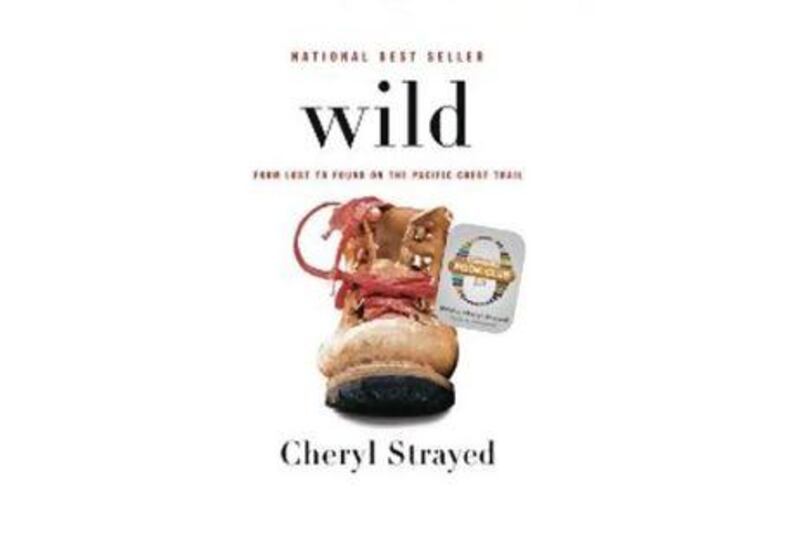The literary genre of the lost woman's path to redemption is seemingly here to stay, and especially since the phenomenal success of the egregiously awful Eat Pray Love.
Wild: From Lost to Found on the Pacific Crest Trail by Cheryl Strayed is the latest addition to this oeuvre and immediately stands out, not least because her path was a literal as well as metaphorical one: the 4,300km Pacific Crest Trail in the western United States.
And when she set out to hike a large chunk of it in the summer of 1995, it was because she was certainly already lost: her mother had recently died of cancer, prompting the effective disintegration of her family. Strayed's own marriage crumbled amid her repeated infidelity and she'd started using heroin.
We know from the cover details that Strayed is looking back on that summer 17 years ago from the place of redemption - contentedly married, with two children and making a living as a writer - she had been seeking when she embarked on her 1,780km hike.
Not that that really matters, since this kind of memoir is about the journey rather than the destination.
Her geographical destination changed soon after she set off from the Mojave Desert in southern California. A ruinously heavy backpack and woeful lack of outdoor skills (this was her first ever overnight backpacking trip) combined with an unusually heavy snow year in the Sierra mountains to prompt her to skip ahead, avoiding the high mountains. Instead of finishing in Ashland, Oregon, she finished at the Bridge of the Gods, the highway bridge over the Columbia River that links the state of Oregon with Washington state.
Of course, her spiritual destination remained unchanged and she writes compellingly and with brutal honesty about the difficulties and digressions - both internal and external - along the way.
The essence of this kind of memoir is all about making peace with the past and finding a way to the future but Wild differentiates itself from the same ground covered by Elizabeth Gilbert's Eat Pray Love and countless other wannabes because Strayed is not just an exceptional writer but also one who avoids Gilbert's execrable levels of self-obsession.
As her epic hike ends, Strayed realises she's returning to the world where destructive temptations such as heroin would be once again easily available.
"But the thing was, I didn't want it," she writes. "Maybe I never really had. I'd finally come to understand what it had been: a yearning for a way out, when actually what I wanted to find was a way in. I was there now, or close."
There are flaws in the book. Some of her trials and tribulations seem patently exaggerated and a little too neat to have the ring of truth to them. But those are minor flaws that fail to take away from the uplifting force of the book.
Expect to hear more of Wild. Quite apart from the favourable reviews and its status as a New York Times bestseller, Oprah Winfrey chose it to relaunch her book club, beginning with a two-hour interview with Strayed.





